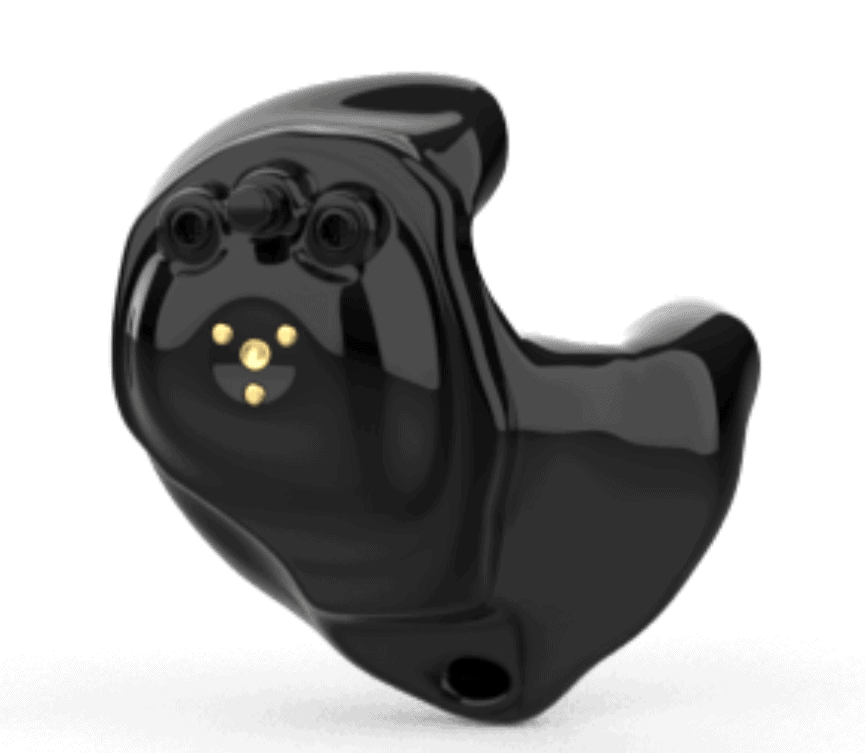- The Advantages of Rechargeable Hearing Aids - July 16, 2024
- How to Enjoy Music Festivals While Protecting Your Hearing - July 3, 2024
- Over-the-Counter Hearing Aids vs. Custom Hearing Aids - June 28, 2024
Hearing loss is a common problem that affects millions of people around the world. For many individuals, hearing aids are an important tool for improving their quality of life. Digital hearing aids, in particular, offer a range of benefits that can enhance the user’s hearing experience. In this article, we’ll take a closer look at what digital hearing aids are, how they work, and why they are an important treatment option for people with hearing loss.
What Are Digital Hearing Aids?
Digital hearing aids are devices that use advanced digital technology to process sound. They are designed to amplify sounds based on the user’s specific hearing needs. Unlike traditional analog hearing aids, which simply amplify all sounds, digital hearing aids can be programmed to selectively amplify certain frequencies, based on the user’s hearing test results. This makes them more precise and effective than analog hearing aids.
Digital hearing aids work by converting sound into a series of digital signals, which are then processed by a microchip inside the device. This allows for greater flexibility in how the sound is processed and amplified. The device can also adjust the volume and frequency response in real-time, based on the user’s environment and listening needs.
Types of Digital Hearing Aids
There are four main types of digital hearing aids:
- Behind-the-ear (BTE): BTE hearing aids are worn behind the ear and are connected to a custom-molded earpiece that fits inside the ear canal.
- In-the-ear (ITE): ITE hearing aids are custom-molded to fit inside the outer ear.
- In-the-canal (ITC): ITC hearing aids are smaller than ITE hearing aids and fit partially inside the ear canal.
- Completely-in-the-canal (CIC): CIC hearing aids are the smallest type of hearing aid and fit completely inside the ear canal.
Features of Digital Hearing Aids
Digital hearing aids offer a range of features that can enhance the user’s hearing experience, including:
- Noise reduction: This feature reduces background noise, making it easier to hear speech and other important sounds.
- Directional microphones: These microphones focus on the sounds that are in front of the user, while reducing background noise.
- Feedback cancellation: This feature reduces the whistling sound that can occur when the hearing aid is too close to the ear.
- Telecoils: These allow the user to hear sounds directly from a telephone or other audio device.
- Bluetooth connectivity: This feature allows the user to connect their hearing aids to other devices, such as smartphones or televisions, to stream audio directly to their hearing aids.
Benefits of Digital Hearing Aids
The benefits of digital hearing aids are numerous.
One key advantage is their ability to selectively amplify sounds. Unlike traditional hearing aids that amplify all sounds equally, digital hearing aids can filter out background noise and amplify only the sounds that the wearer wants to hear. This allows wearers to participate in conversations in noisy environments such as parties or restaurants.
Digital hearing aids also reduce feedback, which is a common problem with older models. By selectively filtering out its own output, digital hearing aids prevent the high-pitched whining sound that can drown out other sounds.
Another advantage of digital hearing aids is that they can automatically adjust the volume to match the environment. As the overall level of noise changes, digital hearing aids detect the change and adjust the volume accordingly, eliminating the need for manual adjustments.
Many digital hearing aids also employ directional microphones that preferentially pick up sound coming from a specific direction, such as in front of the wearer. This helps the wearer to focus on a particular sound amidst a sea of background noise.
Finally, digital hearing aids generally produce clearer and crisper sound than their analog counterparts. This is because digital processing eliminates the distortion and other imperfections that can occur with analog technology.
If you or a loved one is experiencing hearing loss, consider consulting with an audiologist to explore your options for digital hearing aids. With proper care and maintenance, digital hearing aids can be a valuable tool for improving your quality of life.
At our hearing practice, we offer a range of digital hearing aids to meet the individual needs of our clients. Contact us today to schedule a consultation with one of our experienced audiologists and take the first step toward better hearing.

